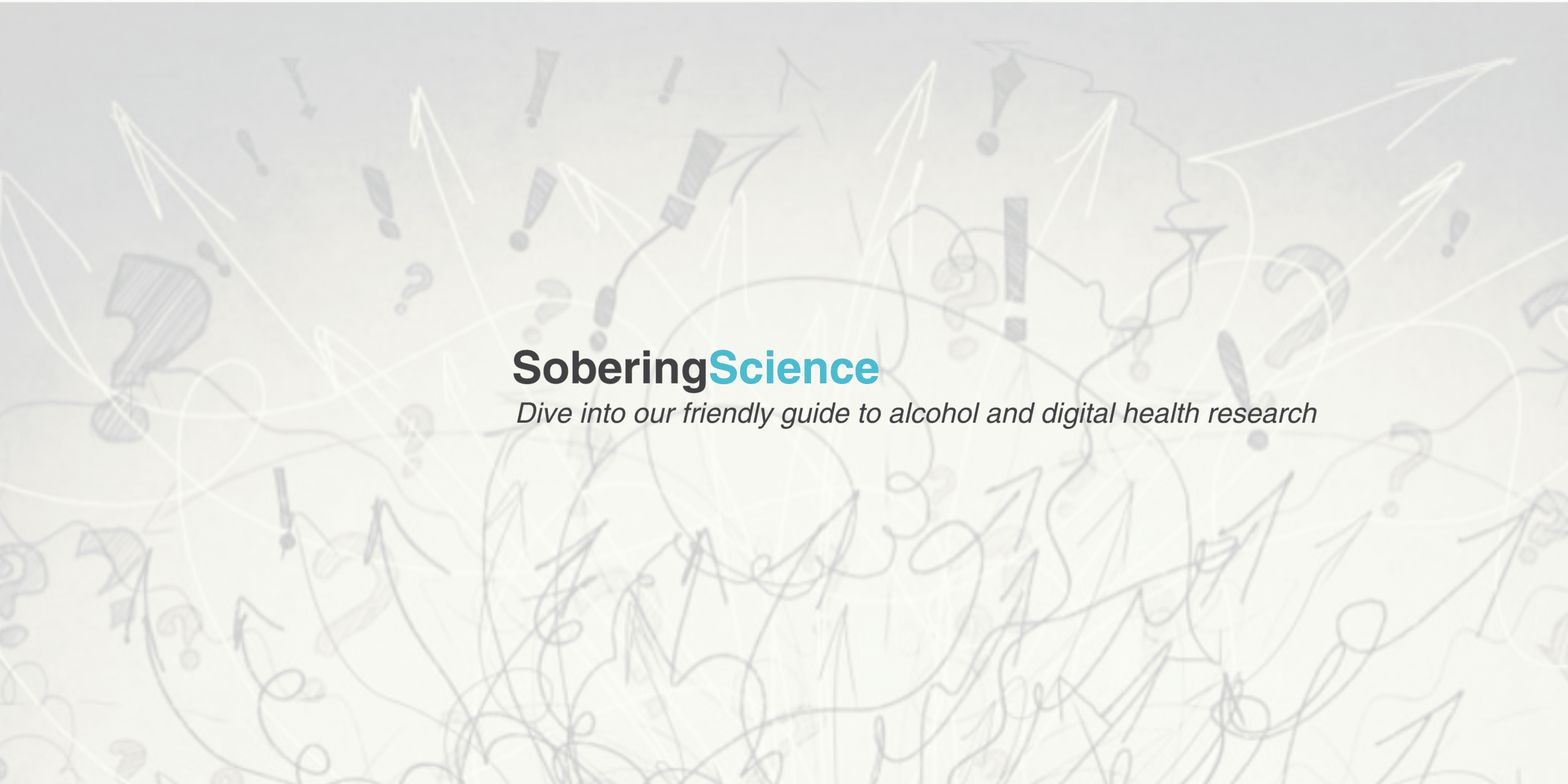
What can the Spice Girls tell us about behaviour change over New Year’s?
When we consider behaviour change, the mid-90s girl band, the Spice Girls, might not come to mind. The lyrics to their hit song ‘Wannabe’, however, with the line ‘I’ll tell you what I want, what I really, really want’, can give us a valuable reminder of the power of intention this holiday season.
When we think about it, often we don’t have the chance to sit and reflect about how our behaviour affects the quality of our lives or our relationships – life just unfolds and we go along with it the best that we can. Often, though, big changes like reducing alcohol intake allow us a bit of space to set intentions and consider what it is that we really, really want.
Becoming more intentional in our decisions and behaviour can be powerful because we’ve given ourselves the chance to really think about what matters to us – whether this is our health, family, financial independence, creative pursuits or education.
So how can we use this knowledge to ensure that not only do we set valuable intentions for the new year, but also keep to them? Research tells us that when behaviour change is connected to our values we are more likely to sustain the changes – when the changes we decide to make are linked with the things we hold dear.
A common example is if an individual is told by their doctor that they need to lose weight in order to keep their mobility as they get older. Framing this decision as one that will allow them to be more active with their grandchildren and be able to remain independent for longer means that their doctor is tapping into their intrinsic motivation – rather than saying, you need to lose weight because it is unhealthy to carry around excess weight.
It is the same thing with drinking – if my doctor told me that a reduction in my alcohol consumption would save me money and thus help me to be financially independent sooner, and in addition to this improve my mental health by 30% (thus also improving my relationship and work performance), I would be much more likely to consider reducing my drinking than if he/she simply mentioned that heavy drinking is bad for my health. Connecting a behaviour change to meaningful values gives us a ‘why’ and an imperative as to what might happen if we change.
So how can you set these intentions around what you really, really want, and keep them? Consider these tips:
1. Identify the three values that are most important to you right now – these can be family, health, relationships, connecting, freedom, creativity, learning, independence, giving, succeeding – anything that you feel is deeply important to you at this point of your life.
2. Consider what kinds of things you need to do in order to get you closer to those values. For example, if one of the values you chose was ‘connecting’, what kinds of things will help you to live this value in your day-to-day life? Whether it is setting an intention to call a family member once a week, book a catch-up with friends or set aside an evening a week to connect with your partner – how can you bring those values to life in your day-to-day existence next year?
3. Map out what this will look like practically, and how you will know you’ve been successful in achieving this. For some people it will help to have a reminder in their calendar for a month’s time to revisit this goal; for others it will be about talking to the people around them about the value they have chosen, and their reasons for doing so. Often if we are guided by our past behaviour and successes (looking at when we’ve successfully made a change or followed through), we can see that there are certain things that work for us specifically.
This is a great time of the year for reflecting on this kind of thing, and giving ourselves some space to contemplate values and priorities. When we give ourselves time to consider what we really, really want, we can then see a pathway to actually getting it. Being intentional in how we spend our time, and the kinds of behaviours that we follow, can be a powerful shift – as our friends Ginger, Scary, Posh, Sporty and, of course, Baby, would agree.
Many of our Daybreak members describe a really interesting thing when they take a break from drinking or reduce their alcohol consumption. Things which had previously felt automatic and inevitable – like the hangover the day after New Year’s, or the weight gain after a few weeks of eating and drinking – start to shift.
People often describe the feeling of moving from automatic to intentional – of being more aware of their values and the things that are important to them – and being able to make decisions about their behaviour that impact on their lives. When we think about it, often we don’t have the chance to sit and reflect about how our behaviour affects the quality of our lives or our relationships – life just unfolds and we go along with it the best that we can. Often, though, big changes like reducing alcohol allow us a bit of space to set intentions and consider what it is that we really want.











Such a great post. Sat down straight away and worked out my intentions for the year. Which included so many more times with my kids and focusing on the areas I can improve on. Including that hard afternoon time when I would normally be sitting down drinking and on my phone. To including some physical activities and games with the kids. Not only to improve our health but also work on those important connections I’m loosing through being on auto pilot. Thanks again for keeping me focused on what I really really want.
Thank you Zoe. This has been a great blog. I have used you insights has part of my journal to set out the values and behaviours that I really really want to lead in 2020. Thank you so much.